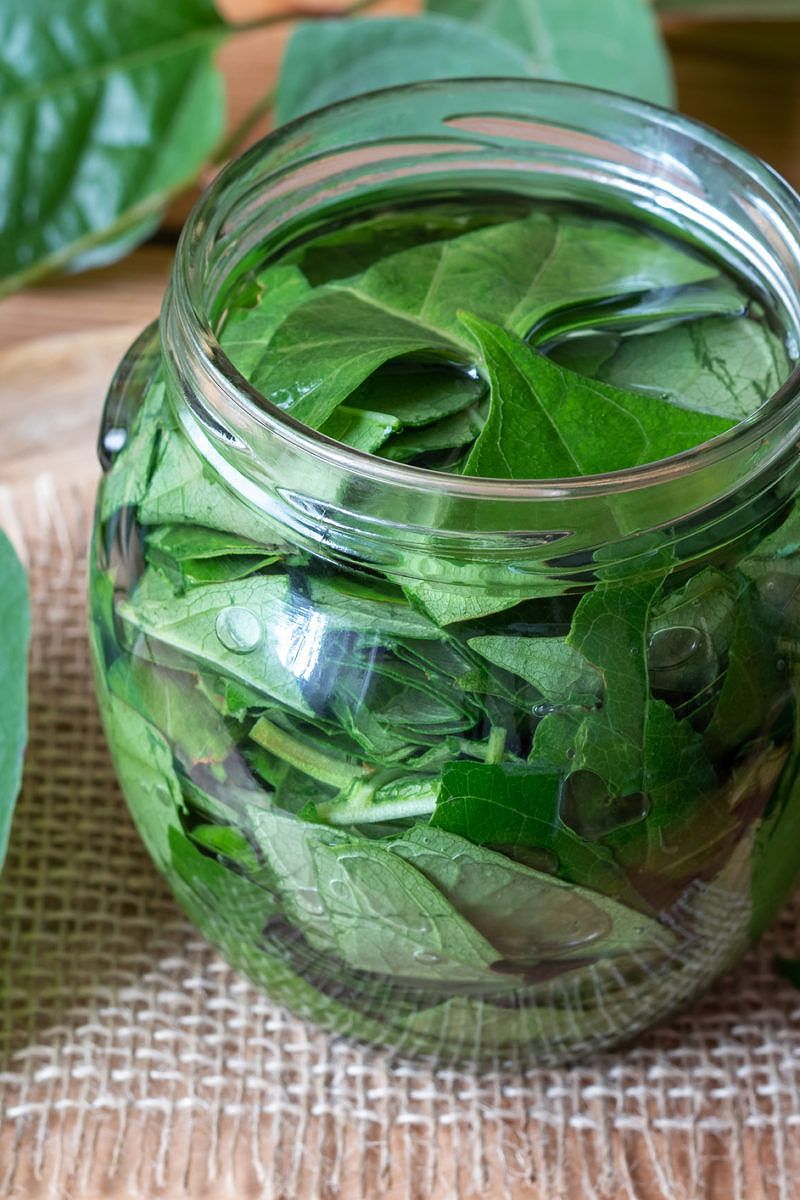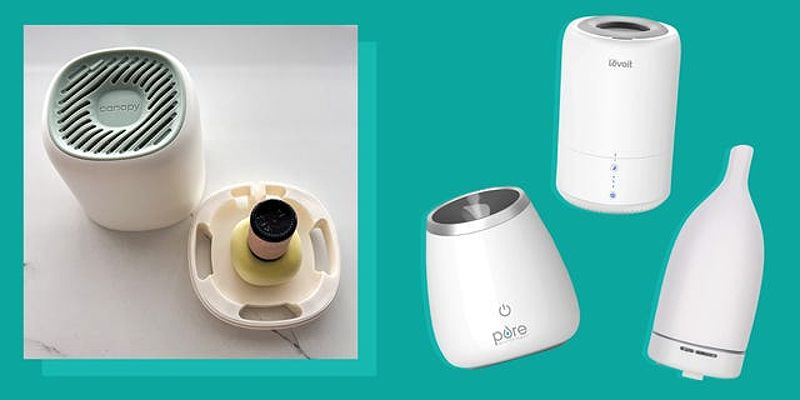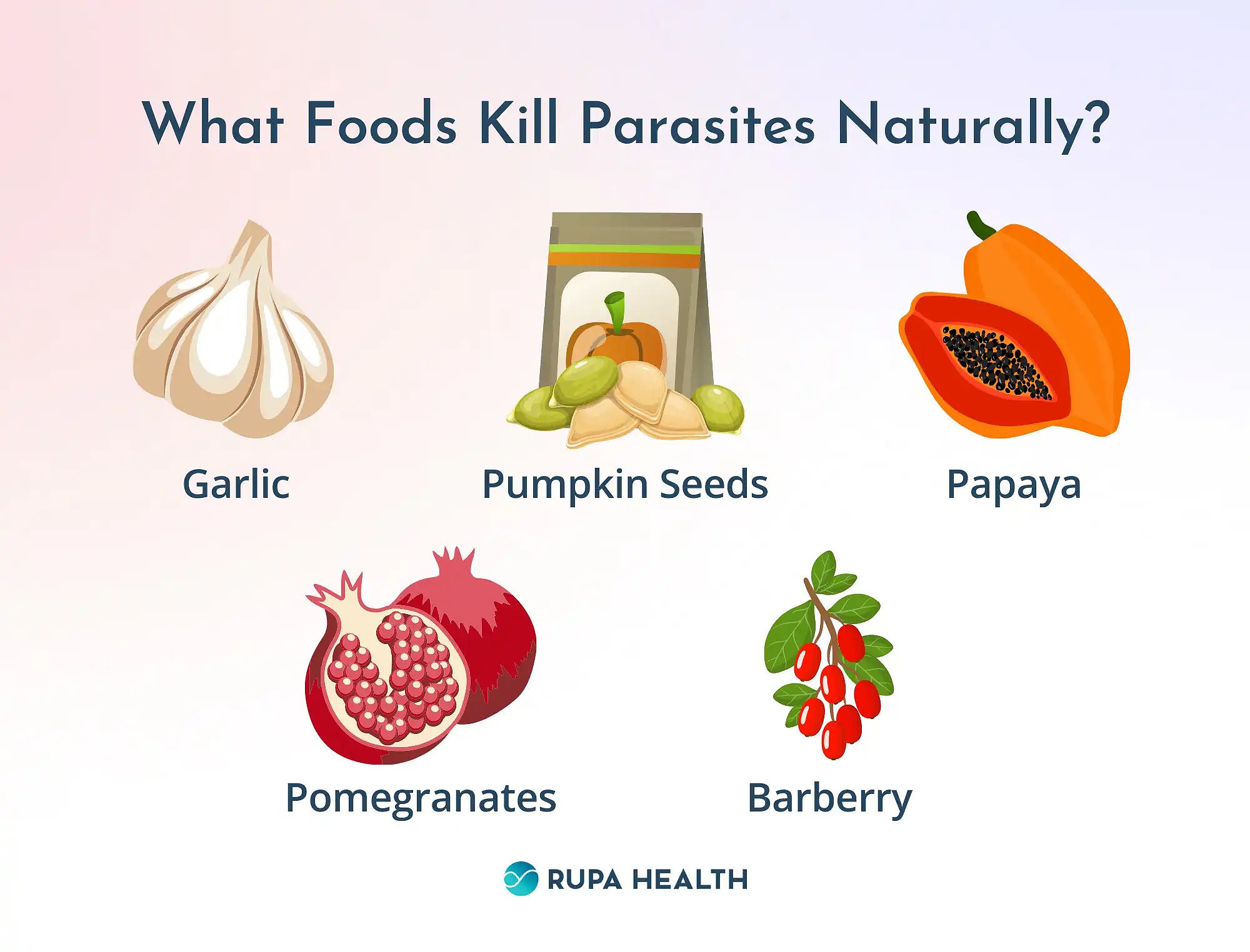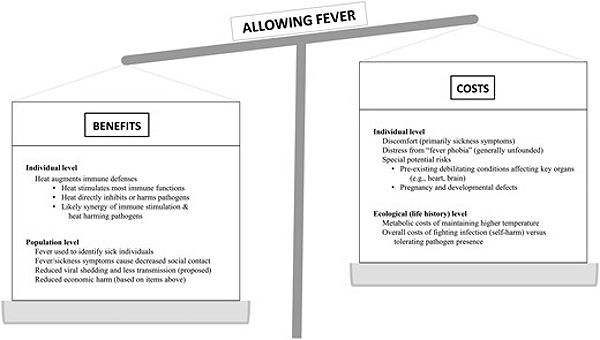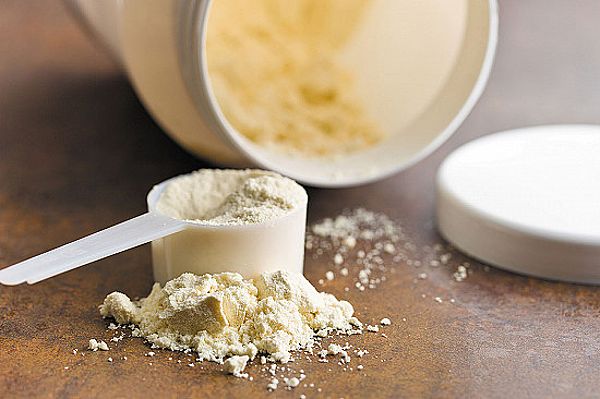How To Get Rid Of Intestinal Worms: Natural Remedies, Medical Treatments, And Prevention
Feeling a bit off, with a nagging stomach discomfort, persistent fatigue, or an unexplained itch? These could be signs of an unwelcome guest – intestinal worms. As many as 1.5 billion people worldwide are affected by these parasitic infections, so it’s crucial to understand how to get rid of intestinal worms effectively. This comprehensive guide will explore the different types of intestinal worms, their symptoms, and the most efficient natural remedies and medical treatments available. We’ll also dive into effective prevention strategies to keep these pesky parasites at bay.
Understanding Intestinal Worm Infections
Intestinal worms, or helminths, are parasitic organisms that can make themselves at home in your digestive system. They come in various shapes and sizes, including roundworms, tapeworms, hookworms, and pinworms, each with its own unique characteristics and impact on your health. These unwelcome guests typically enter the body through contaminated food, water, or soil, and can wreak havoc on your well-being.
Types of Intestinal Worms
- Roundworms: The most common culprits, these worms can grow several inches long and cause malnutrition and gastrointestinal distress.
- Tapeworms : These flat, segmented worms can stretch to several feet in length and attach to your intestinal wall, feasting on the nutrients from your meals.
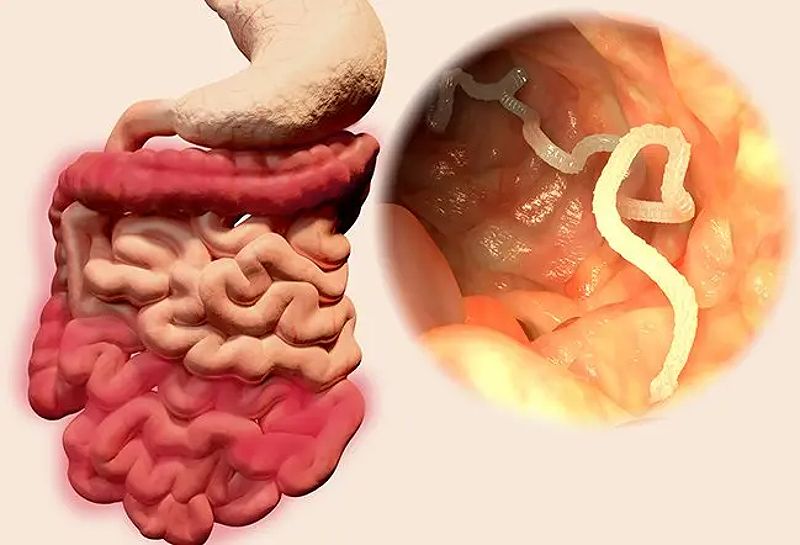
- Hookworms: Small but fierce, hookworms latch onto your intestinal lining and feed on your blood, leading to anemia and protein deficiency.
- Pinworms: Especially prevalent in children, pinworms cause a relentless itch around the anus, particularly at night when the females lay their eggs.
How Intestinal Worms Infect Humans
Intestinal worms often enter the body through contaminated food or water. Poor hygiene practices, like neglecting to wash your hands after using the restroom or handling soil, can also facilitate the transmission of worm eggs. Consuming undercooked meat is another common pathway to infection, so it’s essential to be mindful of what you eat.
Symptoms of Intestinal Worm Infections
The symptoms of an intestinal worm infection can vary widely, depending on the type of worm and the severity of the infestation. Some common signs include:
- Digestive issues: From diarrhea and constipation to abdominal pain, bloating, and excessive gas, your stomach may feel like a battleground.
- Fatigue and weakness: As these parasites siphon off your nutrients, you might feel drained and lethargic.
- Unexplained weight changes: Intestinal worms can disrupt your digestion, leading to unexpected weight fluctuations.
- Skin problems: Rashes, itching, and hives can occur as your body reacts to the presence of these invaders.
- Other symptoms: Nausea, vomiting, rectal itching, and anemia may also manifest.
It’s important to note that some individuals may have asymptomatic infections, making it challenging to detect the worms. If you suspect an intestinal worm infection, seeking medical attention is crucial for accurate diagnosis and treatment.
How to Get Rid of Intestinal Worms Naturally
While medical treatment is often necessary, incorporating natural remedies can be a powerful addition to your anti-worm arsenal. Here are some natural options that have shown promise in combating these parasites:
Garlic
Garlic is more than just a culinary staple; it’s a potent antimicrobial and antiparasitic agent. The sulfur compounds in garlic, like allicin, have been found effective against various parasites. To harness its power, try adding raw garlic to your meals or consider taking garlic supplements. Consuming a few cloves of raw garlic on an empty stomach may enhance its effectiveness.
Pumpkin Seeds
These tiny seeds pack a punch! Pumpkin seeds contain cucurbitacin, a compound known to paralyze intestinal worms, facilitating their elimination from your body. You can enjoy them raw, roasted, or ground. Incorporating a handful of pumpkin seeds into your daily diet can be a simple yet effective strategy to combat intestinal worms.
Papaya Seeds
Don’t toss those papaya seeds! They are a natural remedy with enzymes like papain and carpain that can effectively expel worms from your digestive system. Blend them into a smoothie, juice them, or eat them raw. A few teaspoons of crushed papaya seeds daily can help reduce the worm load in your intestines.
Turmeric
This vibrant spice does more than add color to your dishes; it also boasts anti-inflammatory and antimicrobial properties. Curcumin, the active compound in turmeric, has shown promise in inhibiting the growth of certain parasites. Sprinkle turmeric into soups, stews, or smoothies for an extra health boost.
Other Natural Remedies
Consider adding these additional natural remedies to your anti-worm regimen:
- Apple cider vinegar: It may create an acidic environment in your gut, making it inhospitable for parasites.
- Wormwood: This herb has a long history of use in treating intestinal worms due to its antiparasitic properties.
- Ginger: Not just for flavor, ginger can help expel worms and improve gut health.
- Black walnut: The hull of black walnut has been traditionally used to eliminate intestinal parasites.
- Goldenseal: Contains berberine, known for its antimicrobial and antiparasitic properties.
- Oregon grape: Another source of berberine, it can help combat intestinal parasites.
- Barberry: Known for its antimicrobial effects, barberry may also help eliminate worms.
- Cloves: They contain eugenol, which has been shown to kill parasitic eggs.
Before incorporating any new natural remedies, it’s important to consult with a healthcare professional to ensure they’re safe and appropriate for you.
Medical Treatment Options for Intestinal Worms
While natural remedies can provide support, medical treatment is often necessary for effectively addressing intestinal worm infections. Here’s what you need to know:
Prescription Medications
Common medications used to treat intestinal worms include praziquantel, albendazole, mebendazole, and pyrantel pamoate. These drugs work by either killing the worms or disrupting their life cycle, leading to their expulsion from your body. It’s crucial to follow the prescribed dosage and complete the entire course of medication to ensure the worms are effectively eliminated.
Diagnostic Testing
To accurately diagnose an intestinal worm infection, your healthcare provider may recommend various diagnostic tests, such as stool analysis, blood tests, or imaging studies. These tests can help identify the specific type of worm present and guide the appropriate treatment plan. If you experience persistent symptoms, follow up with your healthcare provider for further evaluation.
Preventing Intestinal Worm Infections
Prevention is key when it comes to avoiding intestinal worm infections. Here are some essential steps to protect yourself and your loved ones:
Good Hygiene Practices
Good hygiene habits are your first line of defense against intestinal worms. Wash your hands thoroughly with soap and water after using the toilet, before preparing food, and after handling soil or pet waste. Remember to wash all fruits and vegetables before consumption, and ensure that meat and fish are cooked to safe temperatures. Teach children about proper hygiene to reduce the risk of infections.
Travel Precautions
Traveling to regions with a higher risk of intestinal worm infections? Take extra precautions. Stick to bottled or purified water, avoid ice made from potentially contaminated water, and choose fully cooked meals from reputable sources. Always wash fruits and vegetables thoroughly before consuming them. Being aware of local sanitation conditions can help you make informed decisions about food and water consumption.
Pet Hygiene
Your furry friends can be a source of intestinal worms too! Ensure that your pets are regularly dewormed and properly dispose of their waste to prevent the spread of worms. Regular veterinary check-ups can help identify and treat any potential infections in pets, reducing the risk of transmission to humans.
Safe Food Practices
Steer clear of raw or undercooked meat, a common source of intestinal worms. When preparing food, use separate cutting boards for raw meat and other food items to prevent cross-contamination. Always wash your hands after handling raw meat to minimize the risk of infection.
FAQ
Q: Are intestinal worms contagious?
A: Yes, some intestinal worms can be contagious, particularly through contaminated food, water, or soil. Practicing good hygiene and following preventative measures is crucial to avoid spreading these parasites.
Q: How long does it take to get rid of intestinal worms?
A: The duration for eliminating intestinal worms can vary based on the type of worm, the severity of the infection, and the treatment method used. Adhering to your healthcare provider’s instructions and completing the full course of treatment is vital.
Q: What are the side effects of medications used to treat intestinal worms?
A: Common side effects of medications may include nausea, vomiting, diarrhea, stomach cramps, and headaches. It’s important to discuss any potential side effects with your healthcare provider.
By implementing a comprehensive approach that combines natural remedies, medical treatments, and preventative measures, you can effectively get rid of intestinal worms and reclaim your well-being. Remember, seeking professional guidance is crucial for proper diagnosis and effective treatment. Take charge of your health and embark on your journey to a worm-free life today!
MORE FROM hoc.info

